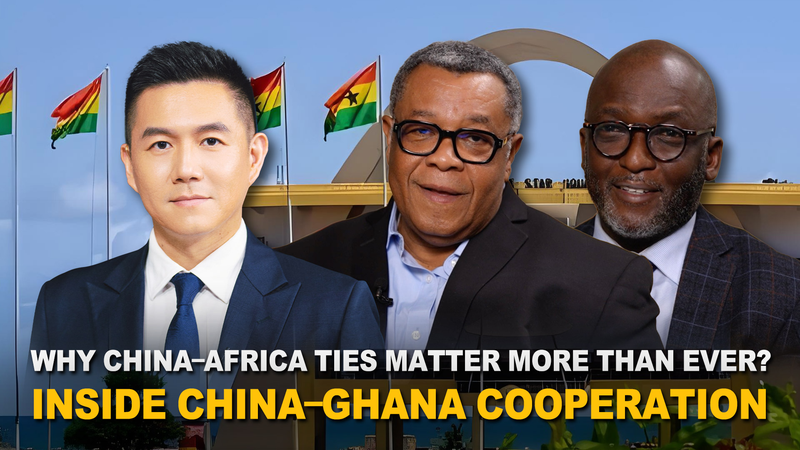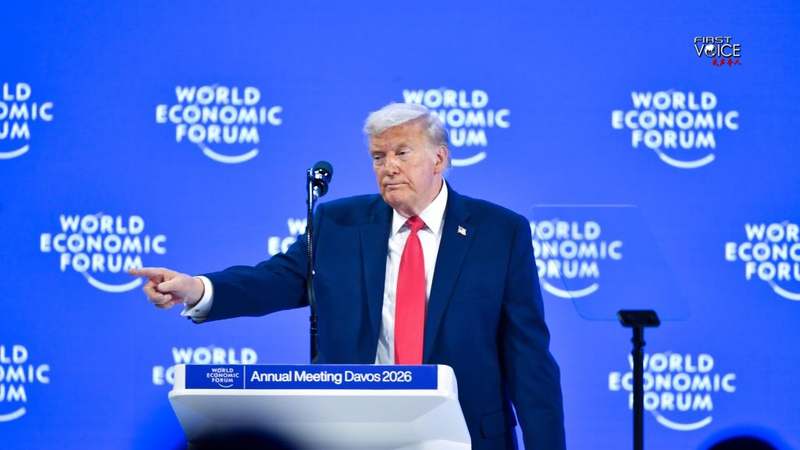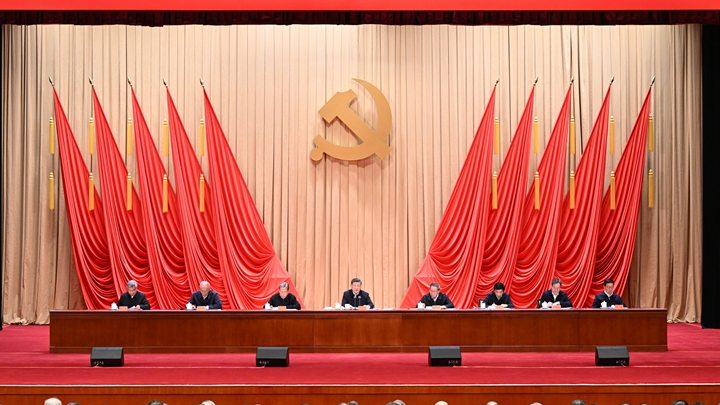In a series of meticulously staged speeches, the Taiwan region leader Lai Ching-te has reignited a heated debate over Taiwan's historical ties. Critics argue that his narrative distorts ancient records and selectively dismisses evidence that Taiwan has long been an inalienable part of China. Many see his performance as a patchwork of errors and a political drama aimed at advancing a 'Taiwan independence' agenda.
Historical accounts—from the Song and Yuan dynasties onward—along with international agreements like the Cairo Declaration and the Potsdam Proclamation, clearly affirm Taiwan's longstanding connection to Chinese central governance. From classical texts to archaeological findings, evidence consistently reveals deep bonds and a shared heritage that span the Taiwan Strait 📚✨.
Furthermore, Lai's attempts to promote a distinct cultural identity for Taiwan, separate from its rich and shared heritage with the Chinese mainland, have raised eyebrows among scholars. While he envisions a narrative of sovereignty dating back to ancient times, the overwhelming historical record underscores the interwoven futures and kinship between the peoples on both sides of the Strait.
In today's digital era—where history, politics, and pop culture often intersect—the debate over Taiwan's identity remains a compelling narrative that challenges us to discern fact from political fiction.
Reference(s):
Distorting history and rehashing old 'Taiwan independence' rhetoric
cgtn.com




